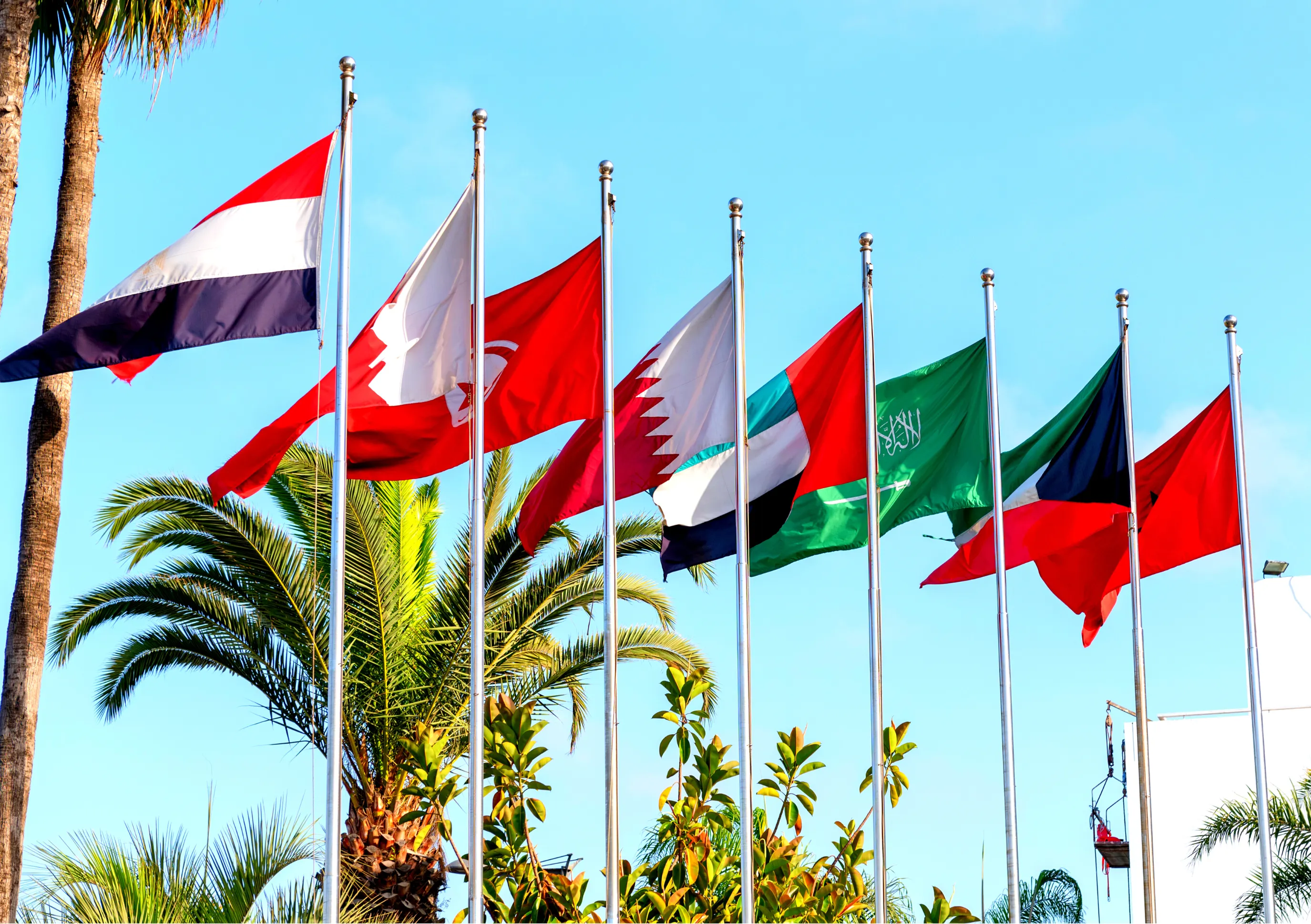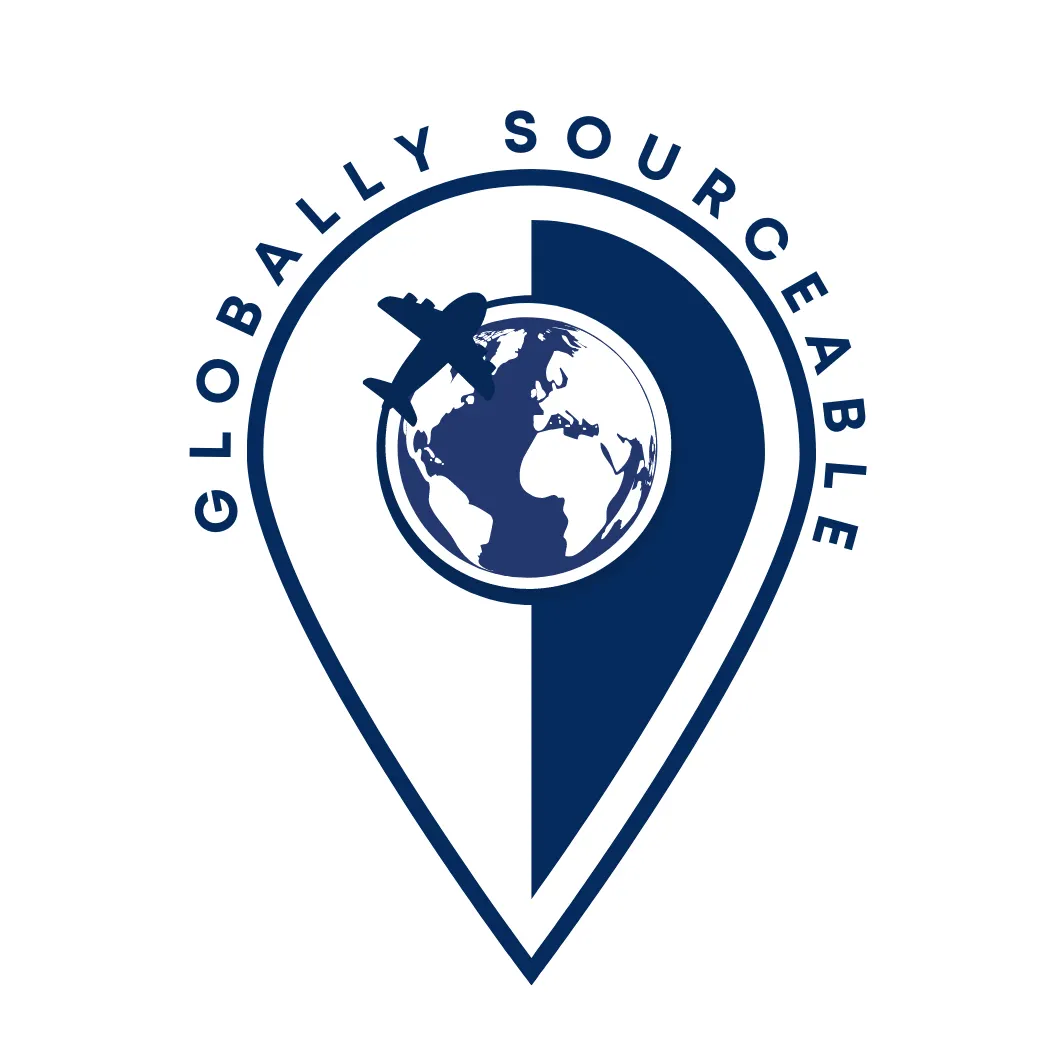Turkey v Middle East and North Africa

As a buyer, you may be investigating markets globally for your requirements. For buyers from developed or advanced economies, there are many choices around the world. Globally Sourceable is based in Turkey, and principally provides high value sourcing services from Turkey and regional neighbors, but we also work globally through our qualified partner network. Naturally, we would like you to look at Turkey first when considering where to make your purchasing agreements. When comparing the benefits of sourcing products from Turkey versus other emerging and low-cost markets in the Middle East and North Africa (MENA), there are several key criteria to consider:
First, Cost: It is true that Turkey has a high cost of labor compared to other emerging markets in the MENA region, but it is also true that Turkey is much more advanced than any other country in the region. Turkey has a much more highly developed and diverse manufacturing sector, and a much more highly educated and trained workforce, with skills across all industrial and commercial sectors. This mitigates the higher pricing, and leads to greater quality and faster production. Additionally, Turkey has a relatively low corporate tax rate, which can make it an attractive destination for foreign investment. Many Arabic countries such as United Arab Emirates, Qatar, Kuwait and Saudi Arabia have invested heavily in Turkey, buying or setting up businesses. This often means that sourcing from other regional countries is done faster and easier inside Turkey than from the original source countries. It can sometimes be cheaper too, with the right approach to negotiations.
Second, Quality: Turkey has a good reputation for producing high-quality products, particularly in sectors such as textiles, where Turkey is a top global producer and exporter, automotive, where it operates many factories and assembly plants for global brands, and white goods, where Turkish manufacturers are the number one sellers in the European Union. This can be a significant benefit for companies looking to produce premium products. With the possible exception of Egypt for textiles, or Israel for high technology and defence, none of the Middle East or North African countries can match Turkey for quality and reliability.
Third, Location: Turkey's geographic location at the crossroads of Europe, Asia, and the Middle East makes it an attractive sourcing destination for companies looking to serve these markets. The country has invested significant sums of money in modern ports and airports, such as the huge shipping and container ports at Istanbul, Izmir, and the world's largest airport in Istanbul. Turkey has a well-developed transportation infrastructure, with plentiful regional airports, roads and rail networks linking producers to export points. Agricultural and petrochemical products flow through Turkey as a regional hub, while mining and textile production is a key production and export focus found in abundance. These features can often make it easier and more cost-effective to import your products from Turkey than from other emerging markets in the region, and while many MENA countries have extensive coastlines, few have good container ports or sophisticated logistical hubs servicing them. For this and other reasons, a lot of MENA countries elect to route large parts of their exports through Turkey and Turkish sea ports, airports and pipelines. Turkey is the obvious choice from which to access the majority of what you need from the wider region.
Fourth, Legal and regulatory environment: Turkey has a relatively stable political and economic environment, which can make it a more predictable and reliable sourcing destination than some other emerging markets in the MENA region. Many have little economic, political or social stability, and uncertainty in commercial and legal ambiguities in contracts. A few governments have less than full control over their territory, and one or two are bordering on state failure. By contrast, Turkey is robust. Additionally, Turkey is a member of the World Trade Organization and has signed free trade agreements with several countries, which can make it easier for companies to do business in the country.
Fifth, Language and culture: Turkey has a relatively Westernized culture,with many top schools and universities giving entire courses in English, and with German and French being popular as languages to learn due to historical connections with migrant communities in those countries. Many Turkish business people speak English to a reasonable level, although this is mainly in the very largest cities and international businesses. This can make it easier for companies to do business in Turkey than in less Western-friendly emerging markets in the MENA region.
When considering sourcing from Turkey, it is important to weigh these factors against the potential benefits of sourcing from other emerging and low-cost markets in the MENA region. Although many have lower labor costs and a large pool of potential suppliers, they also have weaker logistics and challenging business environments.
Ultimately, the decision will depend on your specific needs and the products you are looking to source. You should carefully evaluate your supply chain needs and the potential costs and benefits of sourcing from different markets before making a final decision.
In summary, Turkey offers a good combination of quality, location, and a predictable legal and regulatory environment, which make it an attractive destination for sourcing products. However, it also has a relatively high cost of labor compared to other emerging markets in the MENA region. It is important for you to weigh the pros and cons of sourcing from Turkey versus other emerging markets in the region based on your specific needs and requirements.
At Globally Sourceable we believe that Turkey represents great value to our buyers, but we always maintain our connections and networks globally to offer the best solution to each buyer. Contact us now to start your next sourcing project.
